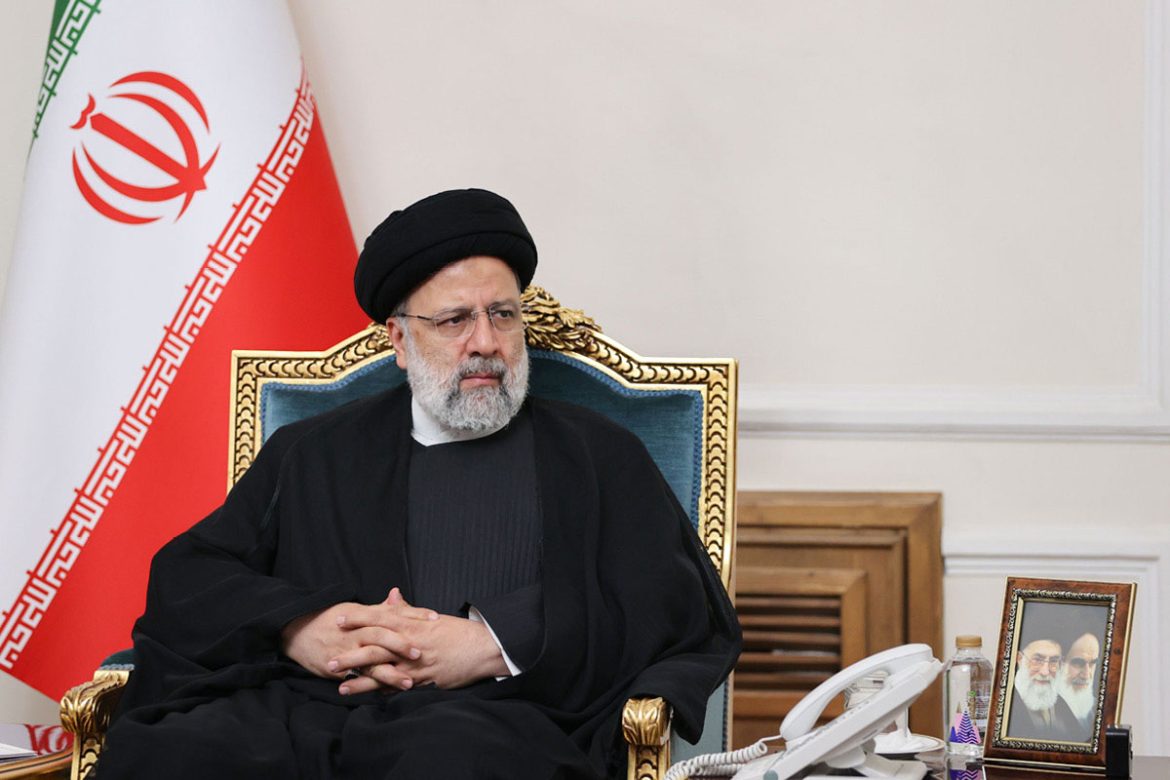May 20, coinciding with the anniversary of the martyrdom of President Ayatollah Seyyed Ebrahim Raisi and his accompanying delegation, has been named as “Martyrs’ Day” in the country’s official calendar. In this regard, and to commemorate the memory of the martyred President and the scholarly and hardworking Foreign Minister of Iran’s 13th Post-Revolution Government, Martyr Hossein Amir-Abdollahian, this government’s views on foreign policy are briefly reviewed hereunder.
With regard to foreign relations, Martyr Ayatollah Raisi had well recognized that strengthening bilateral relations, especially with neighbors and aligned countries, would lead to an increase in the number of friendly countries and growth in economic exchanges. At the multilateral level, too, Martyr Raisi had also reached the conclusion that some of the objectives of the resistance economy should be achieved by strengthening cooperation with regional institutions and organizations. In this context, Iran’s membership in the Shanghai Cooperation Organization as well as the BRICS, signing a free trade agreement with the Eurasian Union, increasing cooperation within the framework of the Economic Cooperation Organization (ECO), as well as utilizing the economic capacities of other regional institutions, were all on the agenda of the government and the Ministry of Foreign Affairs, which naturally led to economic prosperity to a considerable extent.
An important point that is directly related to neighborhood policies is the use of Iran’s geopolitical position, and especially its transit route, for the benefit of neighboring and more distant countries. For this reason, the Martyr Raisi’s government focused on building more road lines and also launching railway lines in order to complete the north-south and east-west communication lines.
In the East-West area, we witnessed the Republic of Azerbaijan constructing a railway line via Iran that will reach Nakhchivan. Iran’s attention to agreeing with the Republic of Azerbaijan to use the Iranian route helped reduce the differences between Armenia and the Republic of Azerbaijan, which had been the basis for a serious war in northern Iran, and paved the path for peace in the Caucasus, which was very beneficial for both security and the economy of the region.
On the North-South route, the construction of a railway line from Rasht to the Caspian Sea was a very important step that connected the Sea of Oman and the Persian Gulf to the Caspian Sea via rail. As a result, countries bordering the Caspian Sea, such as Russia, the Republic of Azerbaijan, Turkmenistan, and Kazakhstan, were able to transport their goods to international waters through this route. On this route, a major part of the Zahedan-Chabahar railway was also completed during the reign of Martyr Raisi. Attention to railway and road lines within the country, as well as strengthening ports and shipping lines, all increased Iran’s geopolitical advantages and generated more income for the country.
By their very essence, governments are to create suitable conditions for the economic affairs of their country so that the private sectors can use the appropriate conditions and export their products abroad. In the area of non-oil trade and exports, one of Ayatollah Raisi’s strategies was to have close ties with members of the private sector, and during foreign trips, he would have some members of the private sector accompany him so that they could use the opportunity to sign various contracts with the private sectors of other countries. For this reason, during his tenure as the president of the country, Iran’s non-oil exports increased, and providing the necessary incentives to the private sector and resolving some obstacles paved the path for this objective.
In the energy sector, we also witnessed that despite the oppressive sanctions, the adoption of appropriate measures enabled Iran to succeed in selling oil and gas, and the related amounts were received by Iran through the appropriate measures adopted. In the nuclear negotiations, Iran did not leave the negotiating table and very actively entered into negotiations with the aim of lifting the sanctions.
It can, thus, be concluded that the wise policies of the Martyr Raisi’s government in the area of foreign relations, which had a direct relationship with domestic policy, were an issue that inclined the Iranian people to expect that these policies will continue by the future government.
By: Mohsen Pakaein, Senior Diplomat and the former Ambassador of Iran to the Republic of Azerbaijan





